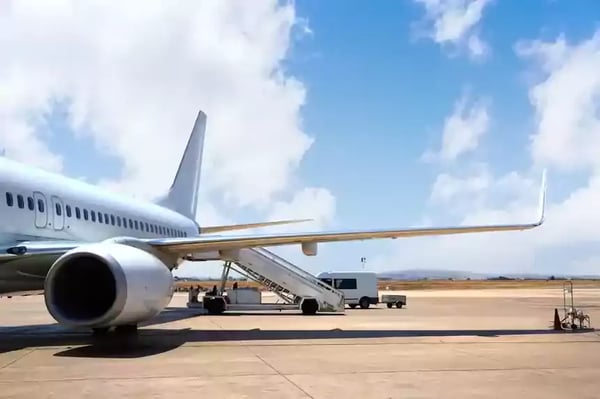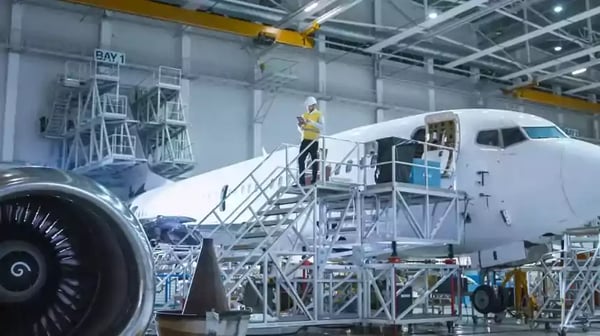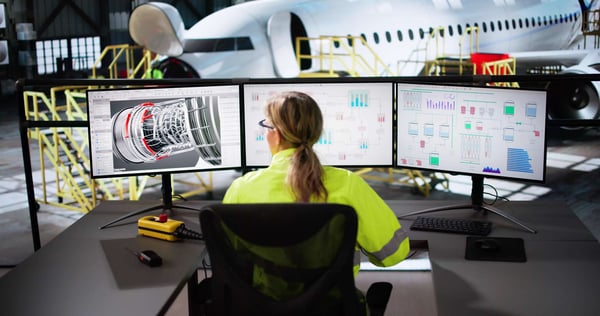Tool management is a critical aspect of aviation maintenance to ensure the safety, efficiency, and regulatory compliance of aircraft operations. Proper tool management practices help maintain the integrity of aircraft and contribute to the overall safety of flight. Here are some key aspects of tool management for aviation maintenance:
.webp?width=778&height=496&name=iStock-1220482483%20(1).webp)
Tool inventory and control
A comprehensive inventory of all tools must be applied and used in aviation maintenance. Implement a system for tracking tool usage, location, and calibration status. Barcode or RFID-based systems can help efficiently manage tool inventory.
Tool calibration
Regularly calibrate all precision tools and equipment according to manufacturer recommendations and regulatory requirements. Establish a calibration schedule and ensure that tools are calibrated by certified calibration facilities. Keep detailed records of calibration dates and results.
Tool inspection and maintenance
Conduct regular inspections of all tools to ensure they are in good working condition. Damaged or malfunctioning tools should be repaired or replaced promptly and not used in maintenance. Implement a maintenance program to keep the tools in optimal condition.
Tool storage and organization
Store tools in designated and secure areas to prevent loss, damage, or misplacement. Organize the tool storage system logically, making it easy for technicians to locate the required tools quickly.
Tool FOD (Foreign Object Debris) control
Implement strict FOD control measures to prevent tools and other foreign objects from being left inside aircraft or maintenance areas. FOD can pose serious safety risks to aircraft operations.
Continuous improvement
Regularly review and assess the effectiveness of your tool management processes. Identify areas for improvement and implement necessary changes to enhance tool management practices continually.
Aviation maintenance can be tricky, right? It definitely is. But here's the thing: having a solid tool management system is absolutely crucial for keeping aircraft safe and reliable. MROTools.io is an all-in-one tool that can help you take control of your tool management and streamline your processes. With organized systems and best practices in place, you'll minimize the risk of errors, improve efficiency, and maintain those important safety standards.

 Andy Graham
Andy Graham
 If you are interested in knowing how you can improve your efficiency in maintenance operations, book a 30-minutes discovery call with us.
If you are interested in knowing how you can improve your efficiency in maintenance operations, book a 30-minutes discovery call with us.

